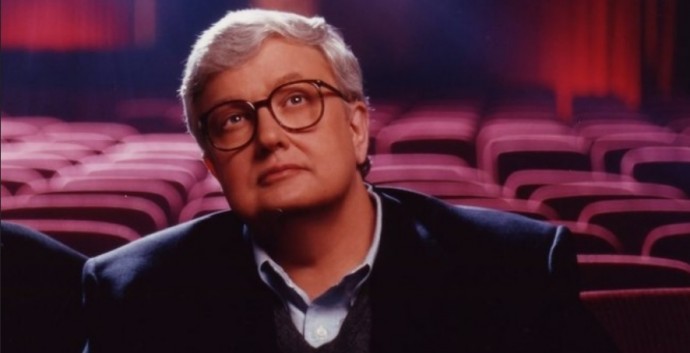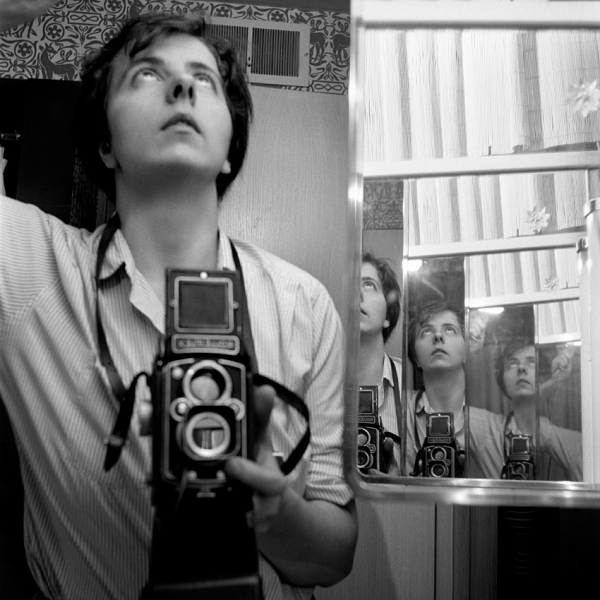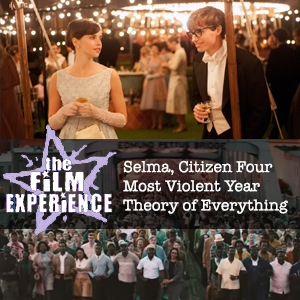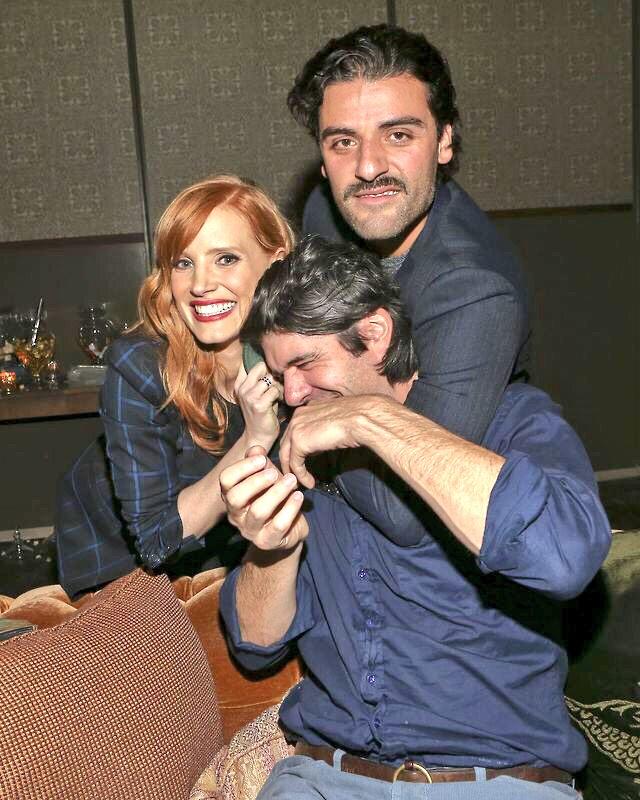Team FYC: Citizenfour for Editing
 Saturday, December 6, 2014 at 5:30PM
Saturday, December 6, 2014 at 5:30PM Editor's Note: We're featuring individually chosen FYC's for various longshots in the Oscar race. We'll never repeat a film or a category so we hope you enjoy the variety of picks. And if you're lucky enough to be an AMPAS, HFPA, or Critics Group voter, take note! Here's Glenn on Citizenfour.
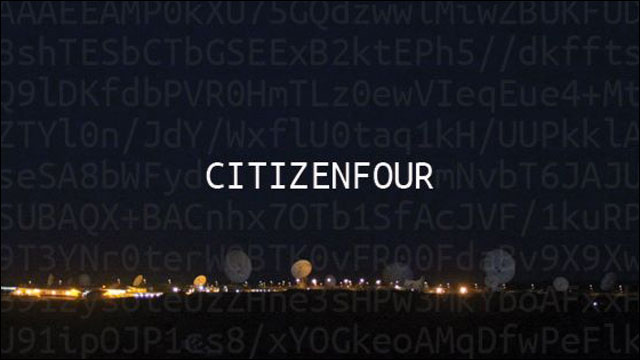
Only one documentary has ever been nominated for an editing Oscar, which is actually rather shocking given the pure logistics of the craft. How much footage of various and how many points of view they have to juggle, not to mention how quickly the sands of reportage can shift in a film that doesn't have a clear start and finish. That one film was Steve James' Hoop Dreams, which followed the schooling and personal lives of two aspiring professional basketball players. It was one of the first documentaries I recall being truly gobsmacked by, flawed by the fact that they turned 250 hours of raw footage into a 170-minute film that just worked. It made me look at documentaries and the art of editing differently.
Controversially denied the documentary Oscar that almost everybody thought he deserved in 1994, Steve James is in heavy (some may say unbeatable) contention 20 years later for Life Itself about the life of Roger Ebert, Hoop Dreams' biggest critical champion. Surely the irony isn't lost on James that his biggest competitor is Laura Poitras' Citizenfour, a compelling, nerve-wracking doc experience that charts the growing scandal of the American government's NSA spying network and its whistleblower, Edward Snowden. It would be some sort of twisted logic if Life Itself trumps it in the documentary category.
While I am not a fan of Life Itself, even its most ardent supporters would surely agree that one area in which Poitras' box-office hit has its star-studded competitor easily trumped is in the editing room. It was the mission of editor Mathilde Bonnefoy to collate and compile hours upon hours of research, investigation, news footage, and, of course, the film's centerpiece Snowden interview into a tight 114 minutes. It's a work of art to see Bonnefoy and Poitras so expertly know when to show us glimpses of Snowden's rapidly claustrophobic world (the hair gel sequence!) and when to pull back and reveal the bigger picture. When to see the story from the world's POV and when to give audiences the intimate portrait that allows the film its unique selling point.
Citizenfour is not exactly an unbiased picture; Poitras was specifically chosen by Snowden to tell the story of the NSA. Yet it's a miraculous feat of the craft that allows so many angles to be shown whilst letting a breaking story unfold as it happens. Bonnefoy ought to be a nominee alongside the prestige period dramas and Hollywood action movies that the Academy so frequently nominate.
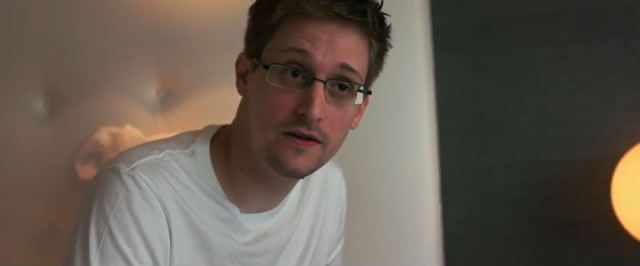
Related
Film Experience Podcast | Documentary shortlist | Glenn's review
Other FYCs
Makeup and Hair, Only Lovers Left Alive | Best Actor, Locke | Supporting Actress, Gone Girl | Visual FX, Under the Skin | Cinematography, The Homesman | Outstanding Ensembles | Screenplay, The Babadook | Original Score, The Immigrant
 Citizen Four,
Citizen Four,  FYC,
FYC,  documentaries,
documentaries,  editing
editing 


